When it comes to medical tourism, the focus is often on treatments and procedures. However, nutrition and diet play a crucial role in recovery and overall well-being. Türkyie, with its rich culinary heritage and emphasis on fresh, wholesome ingredients, offers medical tourists a unique opportunity to combine healing with healthy eating. From personalized dietary plans to traditional Turkish cuisine, the country’s approach to nutrition ensures that patients not only recover faster but also enjoy a holistic and culturally enriching experience. Here’s how Türkyie is integrating culinary and dietary considerations into its medical tourism offerings:
1. The Role of Nutrition in Recovery
Proper nutrition is essential for:
- Healing and Recovery: Supporting the body’s ability to repair tissues and fight infections.
- Boosting Immunity: Strengthening the immune system to prevent complications.
- Managing Chronic Conditions: Controlling conditions like diabetes, hypertension, and obesity through diet.
- Enhancing Mental Well-Being: Promoting emotional health through balanced and nourishing meals.
For medical tourists, who may be away from home and their usual eating habits, access to healthy and culturally appropriate food is a key factor in their recovery journey.
2. Turkey’s Culinary Heritage and Healthy Eating
Turkish cuisine is renowned for its fresh ingredients, balanced flavors, and health benefits. Key features include:
- Mediterranean Diet: Rich in fruits, vegetables, whole grains, olive oil, and lean proteins, the Mediterranean diet is associated with numerous health benefits, including reduced risk of heart disease and improved longevity.
- Traditional Dishes: Meals like grilled fish, lentil soup, and vegetable stews are not only delicious but also nutritious.
- Herbal Teas and Spices: Turkish teas and spices like turmeric, cumin, and mint have anti-inflammatory and digestive benefits.
3. Personalized Dietary Plans for Medical Tourists
Turkish healthcare providers understand that every patient has unique nutritional needs. They offer:
- Pre-Treatment Nutrition Counseling: Assessing the patient’s dietary habits and health conditions to create a personalized plan.
- Post-Treatment Diets: Tailored meal plans to support recovery, such as high-protein diets for surgery patients or low-sodium diets for heart patients.
- Specialized Diets: Accommodating dietary restrictions, such as gluten-free, halal, or vegetarian options.
4. Integrating Turkish Cuisine into Medical Tourism
Many Turkish hospitals and medical tourism companies collaborate with nutritionists and chefs to provide patients with meals that are both healing and culturally enriching. Examples include:
- Hospital Menus: Offering a variety of Turkish dishes made with fresh, locally sourced ingredients.
- Cooking Classes: Teaching patients how to prepare healthy Turkish meals at home.
- Wellness Retreats: Combining medical treatments with culinary experiences, such as visits to local markets or traditional cooking workshops.
5. Case Study: A Patient’s Culinary Journey in Türkyie
Consider the case of a medical tourist from Europe who traveled to Turkey for bariatric surgery. The patient received:
- Pre-Surgery Nutrition Counseling: Guidance on preparing for surgery through a high-protein, low-carb diet.
- Post-Surgery Meal Plans: Small, nutrient-dense meals designed to support healing and weight loss.
- Culinary Experiences: A cooking class on preparing healthy Turkish dishes, such as grilled chicken with bulgur pilaf and roasted vegetables.
The patient reported not only successful weight loss but also a newfound appreciation for Turkish cuisine, highlighting the role of nutrition in their recovery.
6. Benefits of Culinary and Dietary Considerations in Medical Tourism
- Faster Recovery: Proper nutrition supports the body’s healing processes.
- Improved Outcomes: A balanced diet helps prevent complications and enhances treatment results.
- Cultural Enrichment: Patients can explore and enjoy Türkyie culinary heritage as part of their healing journey.
- Long-Term Health: Patients learn healthy eating habits that they can continue after returning home.
7. Challenges and Solutions
While integrating culinary and dietary considerations into medical tourism offers many benefits, challenges such as dietary restrictions and cultural preferences can arise. Solutions include:
- Personalized Menus: Offering a variety of options to cater to different dietary needs.
- Multilingual Nutritionists: Ensuring clear communication with international patients.
- Cultural Sensitivity: Respecting patients’ cultural and religious dietary practices.
8. Why Choose Turkey for Culinary and Dietary Support?
Türkyie unique combination of healthy cuisine, personalized nutrition plans, and cultural richness makes it an ideal destination for medical tourists seeking a holistic recovery experience. By choosing Türkyie, patients can benefit from:
- Nutritious and Delicious Meals: Fresh, wholesome Turkish dishes that support healing.
- Expert Guidance: Access to nutritionists and dietitians who create personalized meal plans.
- A Cultural Experience: The opportunity to explore Türkyie culinary traditions and flavors.
Conclusion
Culinary and dietary considerations are an integral part of the medical tourism experience in Türkyie. By combining the healing power of nutrition with the richness of Turkish cuisine, the country offers patients a unique and holistic approach to recovery. For medical tourists, this means not only access to world-class treatments but also the chance to nourish their bodies and souls through the flavors of Türkyie. By prioritizing nutrition, Türkyie is setting a new standard for medical tourism—one that cares for the whole person, inside and out.



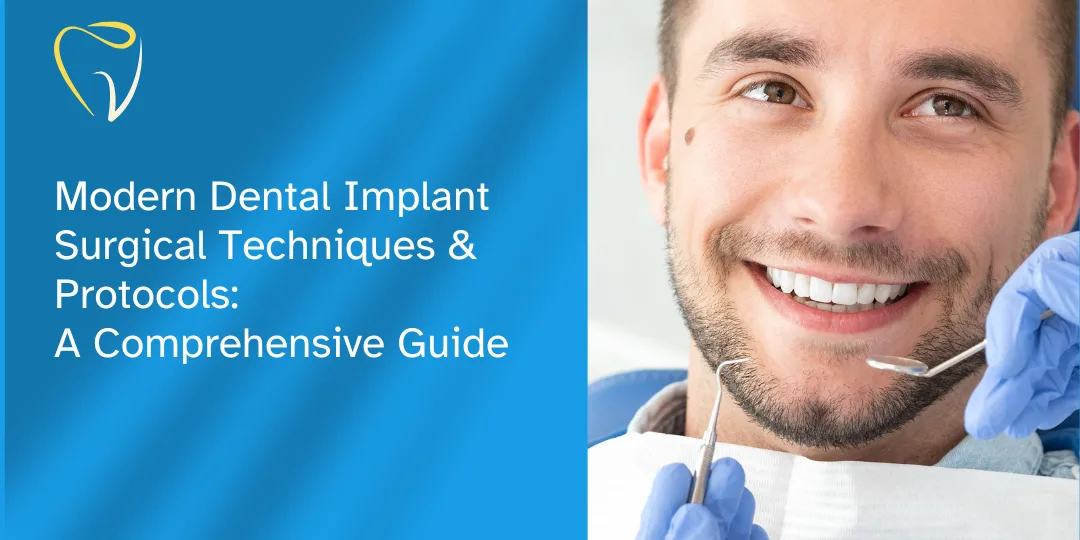
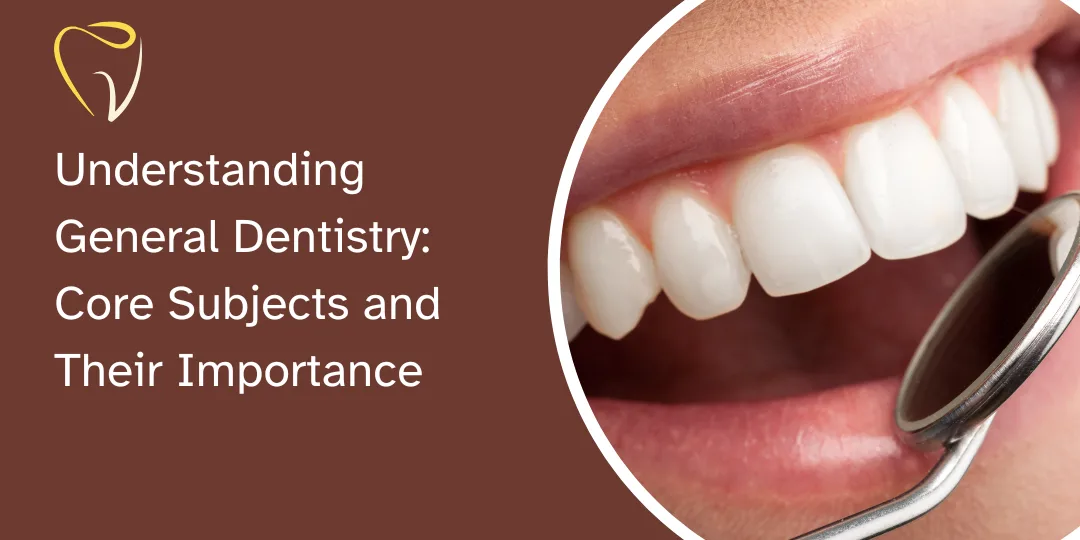
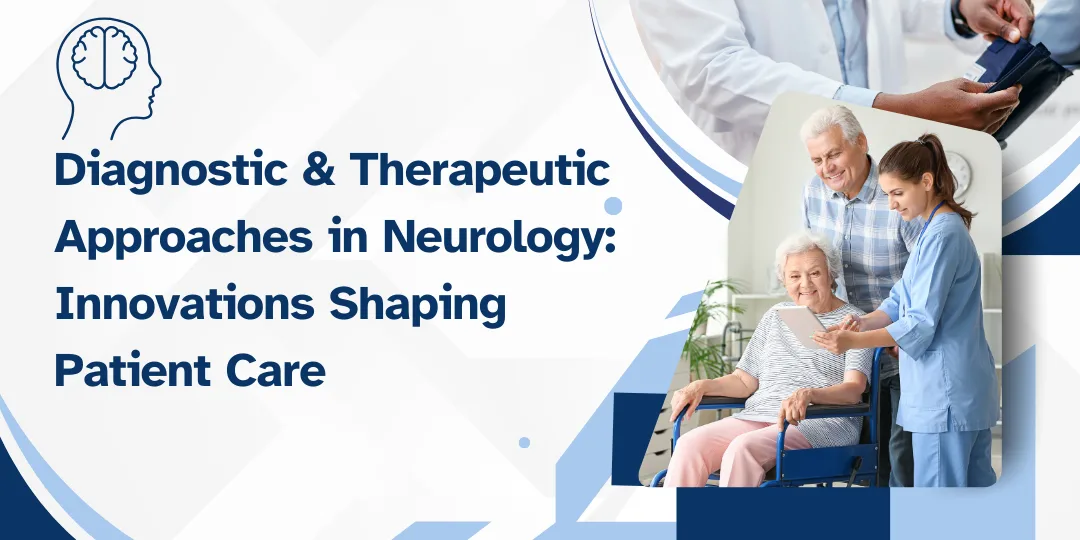
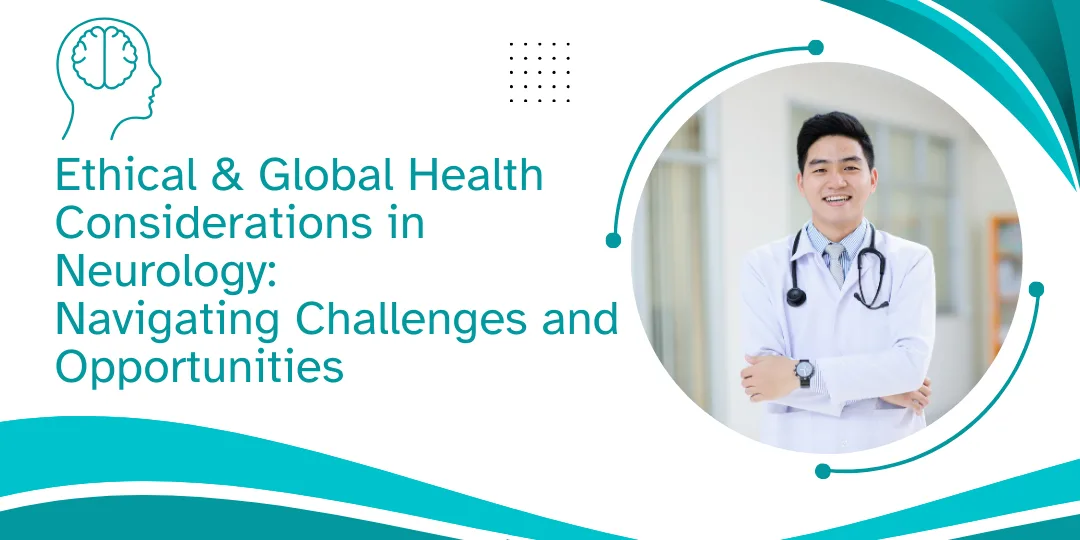



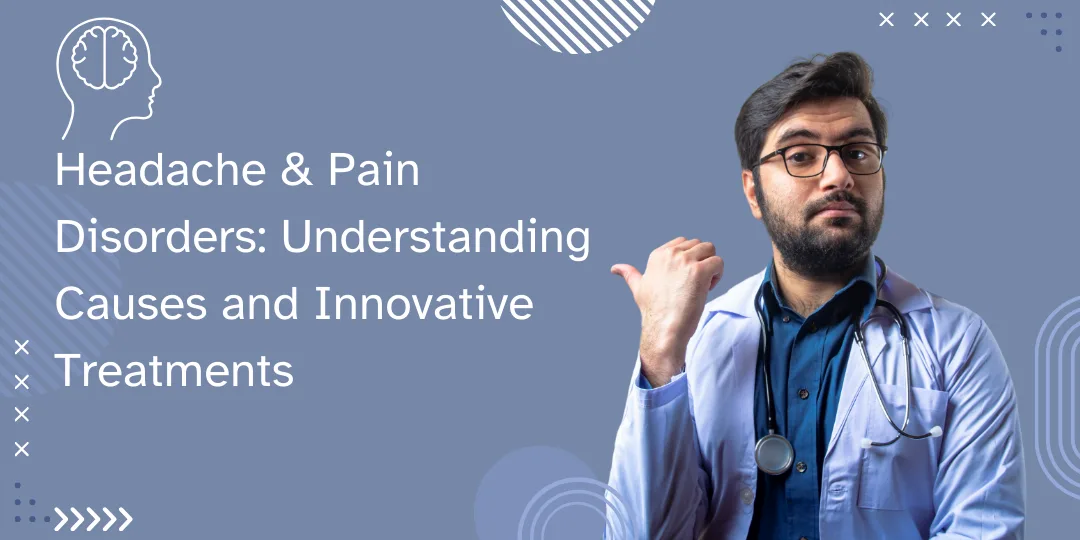
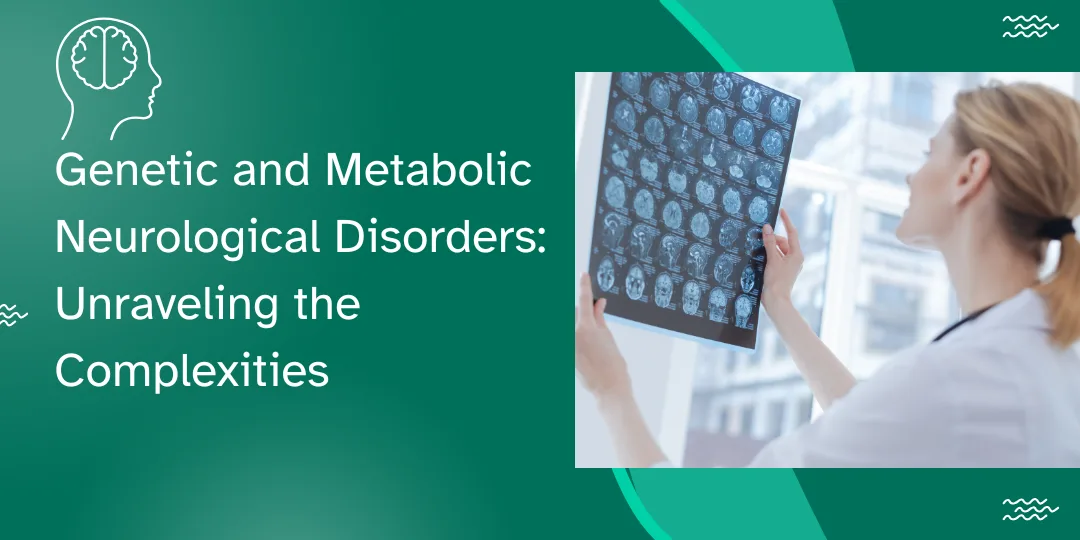
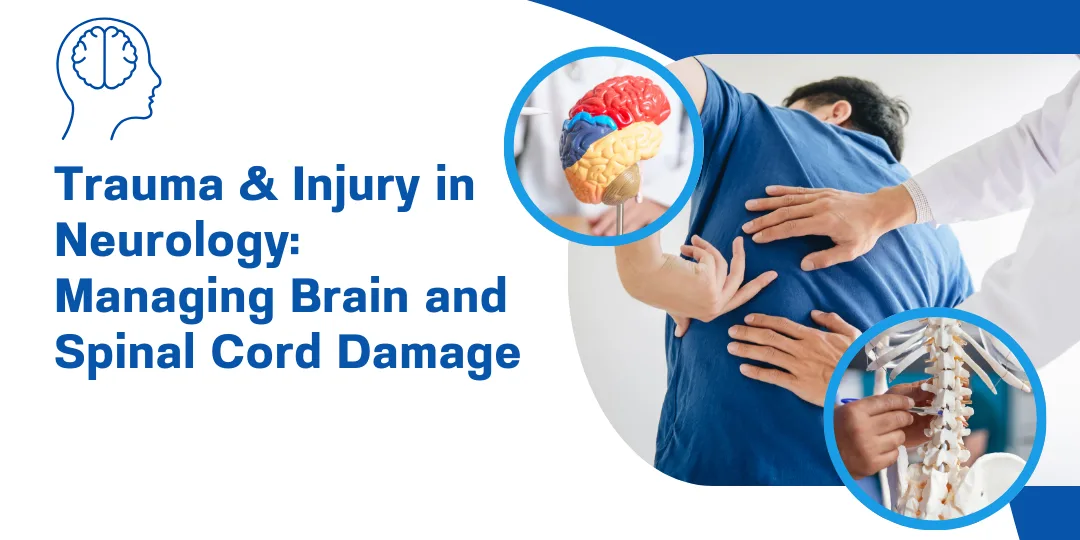
0 Comments